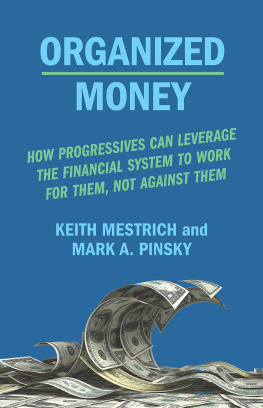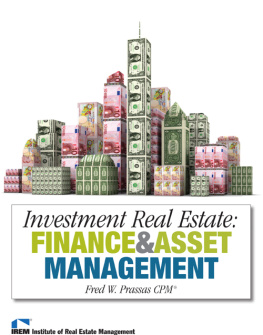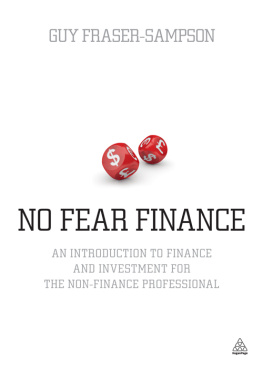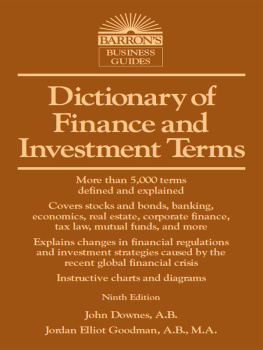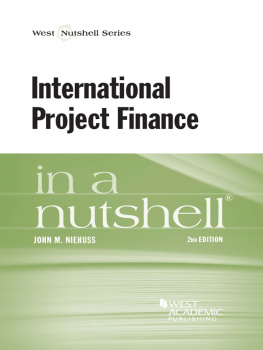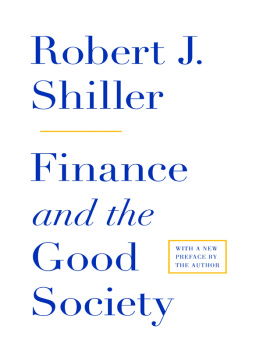Contents
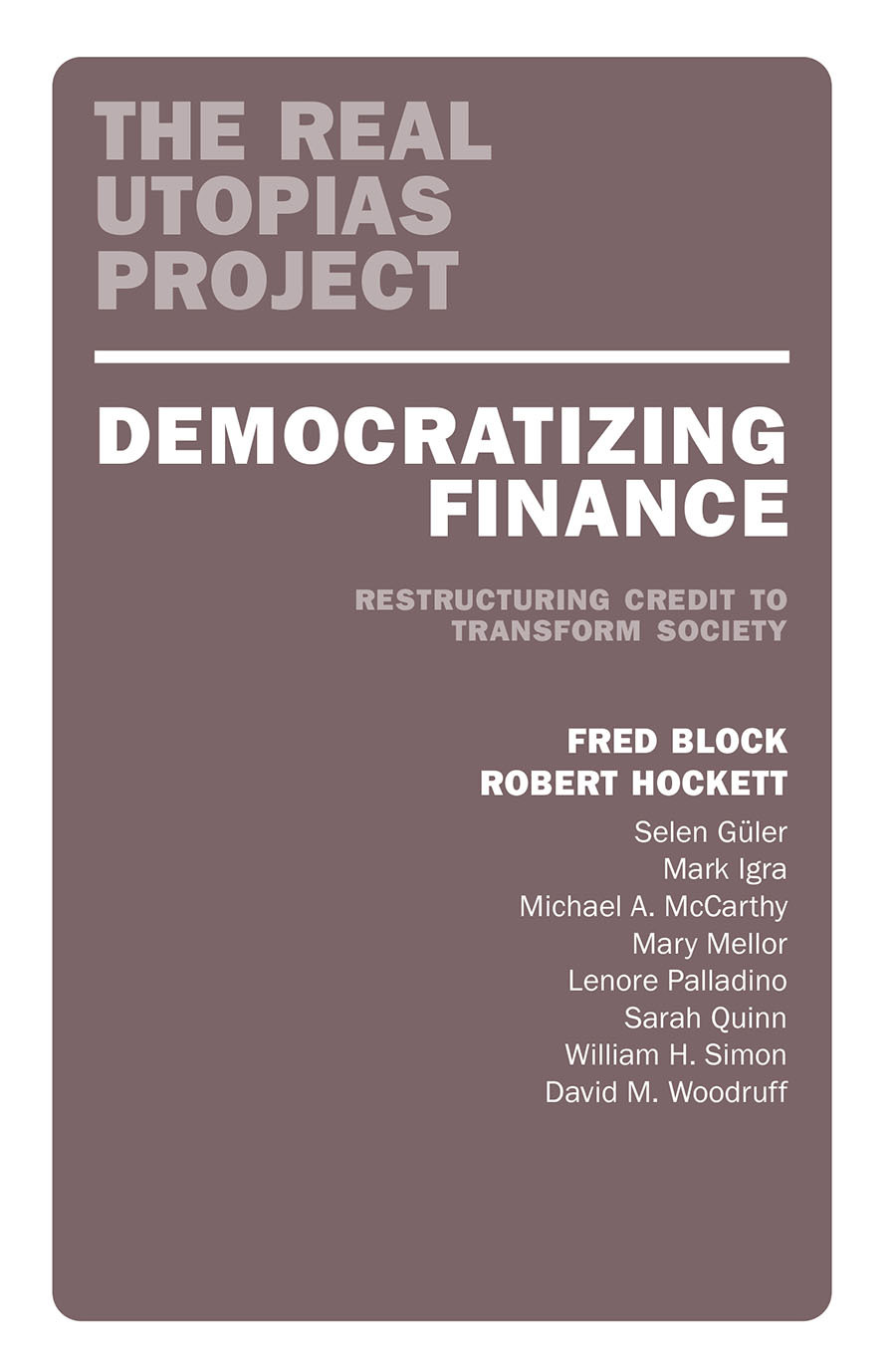
Democratizing Finance
The Real Utopias Project
Series editor: Erik Olin Wright
The Real Utopias Project embraces a tension between dreams and practice. It is founded on the belief that what is pragmatically possible is not fixed independently of our imaginations, but is itself shaped by our visions. The fulfillment of such a belief involves real utopiasutopian ideals grounded in the real potentials for redesigning social institutions.
In its attempt at sustaining and deepening serious discussion of radical alternatives to existing social practices, the Real Utopias Project examines various basic institutionsproperty rights and the market, secondary associations, the family, the welfare state, among othersand focuses on specific proposals for their fundamental redesign. The books in the series are the result of workshop conferences, at which groups of scholars respond to provocative manuscripts.
Democratizing Finance
Restructuring Credit to
Transform Society
Fred Block and Robert Hockett
with contributions by
Robert Hockett, Fred Block,
William H. Simon, David Woodruff,
Michael A. McCarthy, Sarah Quinn,
Mark Igra, Selen Gler,
Mary Mellor, Lenore Palladino
and a preface by
Erik Olin Wright
Edited and introduced by
Fred Block

First published by Verso 2022
Collection Verso 2022
Contributions Contributors 2022
All rights reserved
The moral rights of the editor and authors have been asserted
1 3 5 7 9 10 8 6 4 2
Verso
UK: 6 Meard Street, London W1F 0EG
US: 20 Jay Street, Suite 1010, Brooklyn, NY 11201
versobooks.com
Verso is the imprint of New Left Books
ISBN-13: 978-1-83976-267-3
ISBN-13: 978-1-83976-268-0 (UK EBK)
ISBN-13: 978-1-83976-269-7 (US EBK)
British Library Cataloguing in Publication Data
A catalogue record for this book is available from the British Library
Library of Congress Control Number: 2021948551
Typeset in Sabon by MJ&N Gavan, Truro, Cornwall
Printed and bound by CPI Group (UK) Ltd, Croydon CR0 4YY
Contents
The current era is characterized by two widely held feelings among people living in the developed capitalist world and much of the rest of the world as well. On the one hand capitalism seems exhausted, incapable of generating widespread prosperity and security; stagnation, crisis, deepening inequality, and precariousness are the new norms. On the other hand, despite this, capitalism seems triumphant, an implacable force of nature; there is no alternative. This dismal diagnosis both of the world as it is and of the world as it might be underwrites a politics of despair rather than hope.
This is the context in which elaborating coherent alternatives to capitalism becomes ever more urgent. The Real Utopias Project was begun in the early 1990s in response to this challenge. The general idea of the project is to explore alternatives to existing institutions of domination and inequality. These alternatives (1) embody our deepest aspirations for a just and humane worldthus utopia, and (2) can to a greater or lesser extent be built in the world as it is, prefiguring the world as it could be, and moving us in that direction, thus real. The objective is to formulate visions for radical alternatives embodying the emancipatory values of democracy, equality, and solidarity that also specify realistic steps for solving existing problems.
Finance poses a particularly sharp challenge to the idea of real utopia. Proposals for real utopias are different from simple ameliorative reforms that just try to improve conditions of life in the world as it is; real utopias try to begin the task of transcending the existing structures of domination and inequality by building pieces of an emancipatory alternative in a world that could be within the spaces where this is possible in the world as it is. The question for finance, then, is this: what institutional designs for a more democratic and egalitarian financial system can be instituted in the present that plausibly prefigure a radically democratic economy beyond capitalism? This book in the Real Utopias Project is an attempt to grapple with this problem.
Criticism by political progressives of the financial systems of capitalist economies are familiar: the system disproportionately benefits the rich and powerful and contributes to growing inequality within contemporary capitalist societies; existing financial systems misallocate investments toward speculation and away from projects that would broadly benefit society as a whole; financial institutions, especially those controlling vast amounts of capital, expose large numbers of people to risks not of their choosing; and the dynamics of financial markets concentrate power in the hands of the wealthy, thus more broadly undermining democracy. This is powerful criticism.
What critics on the left generally lack is a comparable understanding of the sorts of changes in financial institutions that would best advance emancipatory values. To be sure, there are many solid ameliorative proposals for financial reforms that would significantly improve things within capitalist systems. What is lacking are systematic discussions of institutional design by radical critics of capitalism whose visions are not simply to make capitalism work better, but to transcend capitalism. Progressive critics of capitalism have much to say about transforming power relations within firms (e.g., worker cooperatives or stakeholder boards of directors), redesigning the system of income distribution (e.g., unconditional basic income), democratizing democracy (e.g., participatory budgeting or sortation assemblies), new forms of post-market productive cooperation (e.g., peer-to-peer collaborative production), and many other aspects of economic and political institutions. But about finance, there is generally little beyond standard views of the need for strong regulation and breaking up banks that are too big to fail.
Democratizing Finance is an attempt to push progressive discussion of finance in new directions by exploring the real utopian idea that it is possible to do more than simply use the power of the state to regulate capitalist finance in ways that dampen its most harmful effects. New institutional designs for finance can point beyond capitalism itself.
Erik Olin Wright passed away in January of 2019. However, this volume is a result of his meticulous work over an extended period of time. Wright hosted an informal workshop in Madison, Wisconsin, in May of 2016 where Robert Hockett and Fred Block presented earlier versions of the anchor papers that appear in this volume. Both authors were given extensive feedback and instructions to complete improved versions by the spring of 2017. Those drafts were then circulated to ten potential commentators, who were invited to a more formal conference held in Madison in July 2018. Eriks preface to this volume is taken from the invitation he wrote to invite participants to that conference. By the time of the conference, however, Erik had been diagnosed with acute myeloid leukemia, and he was only able to join us remotely for some welcoming remarks. However, Erik continued to provide input until his death.
As with previous volumes in the Real Utopias Project, we are grateful to the Wisconsin Alumni Research Foundation and the Anonymous Fund of the University of Wisconsin for supporting the conference that led to this volume. We are also grateful to the staff of what is now the Havens Wright Center for Social Justice at the University of Wisconsin for help with the logistics of the workshop and the conference.


